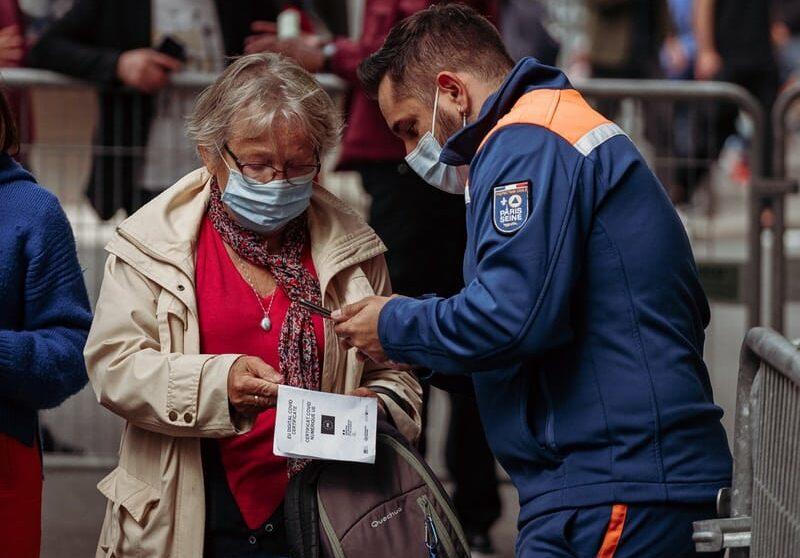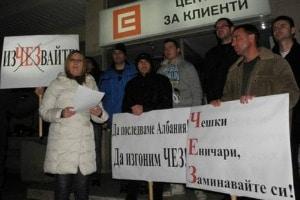Jaw-jaw
“There is no alternative to diplomacy,” the UN chief said, adding that “all issues, including the most intractable, must be addressed through diplomatic frameworks”.
Quoting from the United Nations Charter, which Mr. Guterres defended as a fundamental pillar of international law, he said that all nations “shall settle their international disputes by peaceful means, in such a manner that international peace and security, and justice, are not endangered”.
All parties should be “extremely careful with their rhetoric”, the UN Secretary-General continued, after noting that the threat to global security today “is more complex and probably higher” than during the Cold War.
During that era, Mr. Guterres explained that safeguards and safety checks existed to allow nations to prevent crises by using “back-channels”.
Escalation danger
Today however, “many of those systems no longer exist and most of the people trained to use them are no longer here”, he insisted, while “miscommunication or miscalculation can make a minor incident between powers, escalate out of control”.
More than 100 foreign ministers were also due to attend the annual summit in the German city, although Russia’s foreign minister was reportedly not in attendance.
Two coups a week
Turning away from Ukraine, the UN Secretary-General underlined the increased unpredictability and fragility of the global landscape, including in Yemen and Libya.
“Coups used to happen once every couple of years; in 2022, it’s once every couple of weeks”, he said, as he called for intractable geopolitical divides to be contained by “more effective collective security responses”, for which the blueprint is outlined in Our Common Agenda.
Turning to the worldwide threat of global terrorism, Mr. Guterres insisted that the situation in some African countries was “unsustainable…we need robust African peace enforcement and counter-terrorist operations, mandated by the UN Security Council under Chapter VII of the Charter, and with stable and predictable funding”.
Peace investment
Rising inequality, the climate crisis and the COVID-19 pandemic also threatened global security, the UN chief said, before urging all countries to step up support for solutions to these threats, as part of a surge in “diplomacy…political will and…investment for peace”.
Urgent actions that were needed now to these “non-traditional security threats” included the full implementation of the Paris Agreement on climate change to keep 1.5 degrees alive, support for the the World Health Organization global vaccination strategy and global finance reform, “to enable developing countries to access the resources needed to support their people”.










